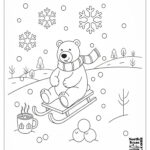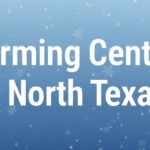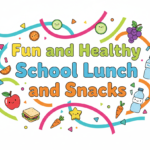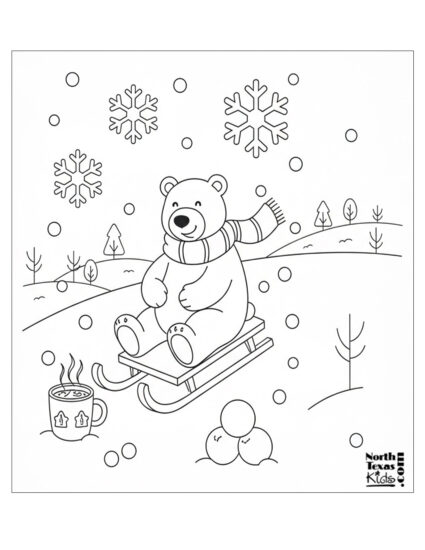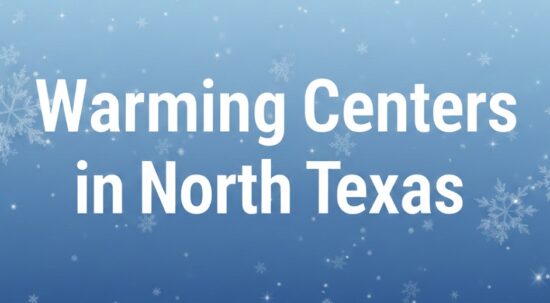Super Vocabularies = Successful Students
 Guide Your Child to an Ever-expanding Vocabulary
Guide Your Child to an Ever-expanding Vocabulary
Teachers know that one of the marks of a bright child is the size of his or her vocabulary. The definition of vocabulary is the knowledge of words and word meanings. Children with a larger vocabulary communicate better, read and write with greater understanding and radiate confidence in their learning ability.
While much of a child’s vocabulary growth occurs naturally through listening to language, hearing stories read aloud, speaking with others and general immersion in the family’s native language, there are simple and fun ways to increase word knowledge.



